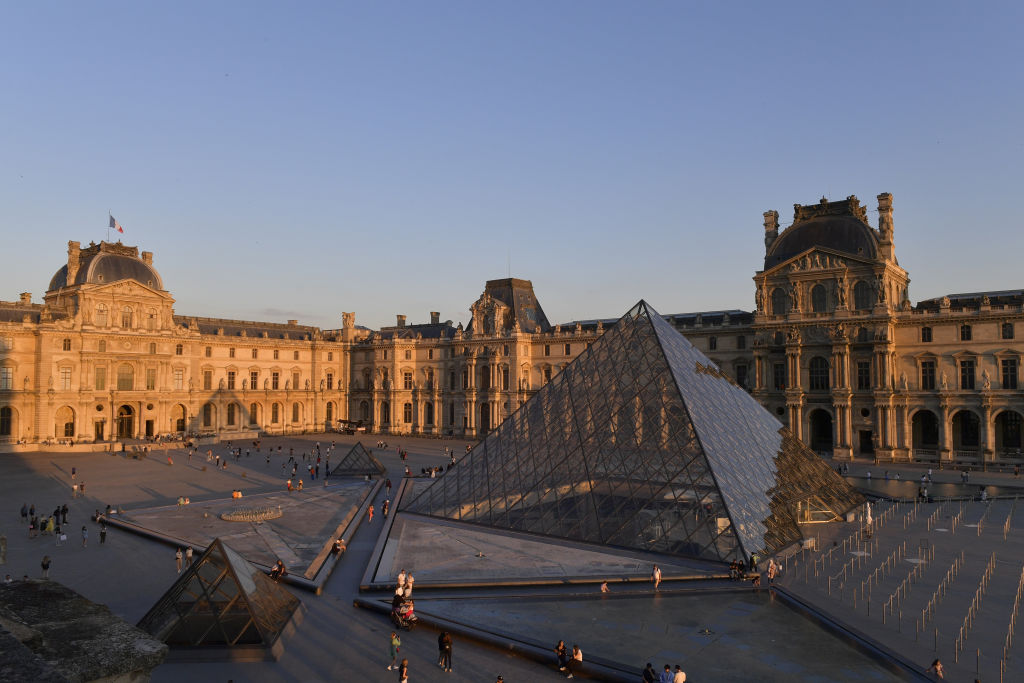The Louvre Museum in Paris will surrender 258 works from the bequest of collector Adèle de Rothschild to the Fondation des Artistes that were improperly inventoried in its collection, Le Monde reported Wednesday.
According to the French news outlet, the works were inappropriately left in the Louvre’s care, as discovered by a 2019 cross-inventory of works in its collections with Rothschild’s bequest.
Prior to her death in 1922, the late scion of the illustrious French banking family bequeathed her private mansion and the entirety of its contents to the French government—with one restriction, that her cabinet of curiosities remain intact. Pieces from her collection have since been received by the major cultural destinations of Paris, including the Musée de Cluny, the Bibliothèque nationale de France, and the Musée des arts décoratifs in Paris, as well as the Louvre. The inventory completed in 2020, however, found that in violation of her wishes, the Louvre held 258 works from the cabinet, specifically objets d’art—typically a small, three-dimensional collectible—and Islamic art.
Related Articles

In a statement, Laurence Maynier, director of Fondation des Artistes, described the surrender of these objects as a “just return.
“Some objects from the Cabinet of Curiosities had been brought to the Louvre as early as 1923, while others were placed there at the turn of the 2000s to protect them during the renovations at the Hôtel Salomon de Rothschild,” he said. According to Maynier, negotiations with the Louvre over their return were less-than-smooth, as some heritage experts argued against the deaccession on legal grounds, and others raised concerns that the works would not receive the viewership they deserved at the foundation. Baroness de Rothschild’s Cabinet of Curiosities has been opened to the public in 2017, and reportedly receives 2,000 to 2,500 visitors a year, a fraction of the Louvre’s roughly 8 million annual visitors.
“Except that the objects whose return we requested were all in storage, and therefore invisible to the public,” Maynier said, adding that this “is neither a victory nor revenge, but the culmination of something legitimate and necessary. If we are unable to respect the conditions of a bequest, we sabotage any possibility of creating others.”
The Paris-based organization provides support in the form of grants, residency, and housing to artists at any stage of their career. Working alongside the Ministries of Culture and Foreign Affairs, its mission also encompasses the promotion of its French art within its borders and abroad, which includes the stewardship of historic collections.
Some thirty other objects once inventoried as part of the Cabinet of Curiosities will remain on view in the Louvre for five years to allow curators time to acquire suitable replacements. As additional compensation, the museum will receive 104 pieces from its inventory that were in the safekeeping of the foundation. The foundation, meanwhile, has begun planning the reintegration of the 200 some art and objects back into the cabinet according to—or as close as possible—to Rothschild’s original design.
The cabinet is set to reopen this September.

